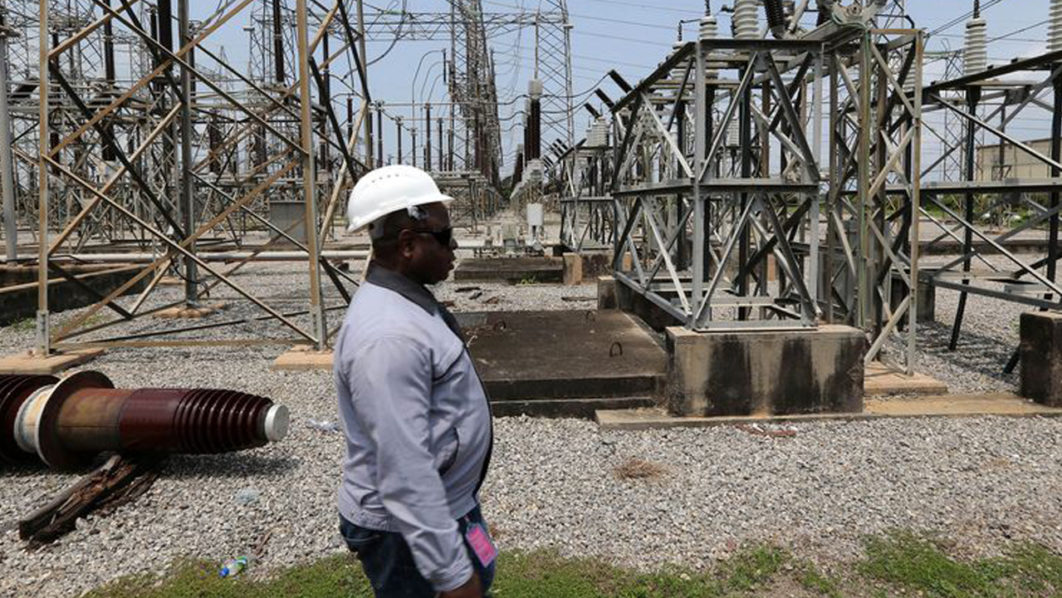
The Minister of Marine and Blue Economy, Gboyega Oyetola, has said that Nigeria is going to leverage its vast marine resources to generate clean energy to boost power generation.
The Minister, while speaking during a stakeholder sensitization workshop on Deep Seabed activities yesterday in Abuja, stated that with the transition from fossil fuels to a mineral-based economy, Nigeria will leverage its marine resources, particularly wave and tide energy, to generate clean energy.
While mentioning that the effective harnessing of these energy resources will significantly contribute to the nation’s energy needs, Oyetola said the country is capitalising on the global surge in deep-sea exploration as a major oil-producing country with an extensive coastline and inland waterways, as the country cannot afford to lag behind.
He maintained that the deep seabed holds vast mineral reserves that can significantly reduce dependency on land mining, hence the need for a regulatory framework for the exploration of deep seabed resources.
The Permanent Secretary in the Ministry, Mr. Michael Oluremi, in his welcome remarks, acknowledged the relatively uncharted terrain of deep seabed activities, saying the workshop is aimed at illuminating the opportunities and importance of exploring Africa’s continental shelf while ensuring responsible environmental management and adherence to the regulatory framework.
The Director General of the Nigeria Maritime Administration and Safety Agency (NIMASA), Dr. Dayo Moberola, while presenting an overview of the Deep Seabed prospect for the blue economy, noted that countries like Norway and Japan have begun crafting regulatory frameworks that balance economic exploitation with environmental safeguards, hence the need for Nigeria to take similar steps by adapting its existing laws to align with International Seabed Authority (ISA) regulations and the United Nations Convention on the Law of the Sea (UNCLOS) framework.
He stated that it is estimated that global demand for some of these minerals will rise as much as 400-600% in the coming decades as the world increases its reliance on wind and solar power, electric vehicle batteries, and other zero-carbon technologies.
Moberola pointed out that although there has been high interest in deep seabed mining due to the significance of these metals, there have not been commercial operations of the mining, as there are concerns about environmental impacts and the need for a regulatory framework.
While mentioning that although Nigeria has long benefited from its offshore oil and gas resources, he said, “As we look into the future, deep seabed exploration presents an opportunity to expand our maritime resources beyond energy and align with the global shift towards sustainable development.”
The DG, however, noted that the ocean floor is home to fragile ecosystems and unique biodiversity, as seabed mining activities could disrupt these habitats and pose potential risks to the environment, leading to potential damage to ecosystems, biodiversity, and water quality.
Other challenges, according to him, include inadequate regulatory frameworks, technical difficulties—harsh deep-sea conditions, high costs, and associated risks that constitute barriers—and social risks, such as loss of livelihood, community displacement, and relocation.
He also advocated the need to amend the Nigerian Minerals and Mining Act 2007 to reflect relevant provisions of ISA’s model legislation on exploration and exploitation.
He said NIMASA will play a critical role by collaborating with relevant MDAs and the International Seabed Authority (ISA) in providing the regulatory framework and establishing environmental protection guidelines for seabed mining, as well as helping develop training programs to grow local expertise in deep seabed mining technologies and operations, promote research and development in marine science and technology to enhance knowledge of deep-sea ecosystems and resource potential.






